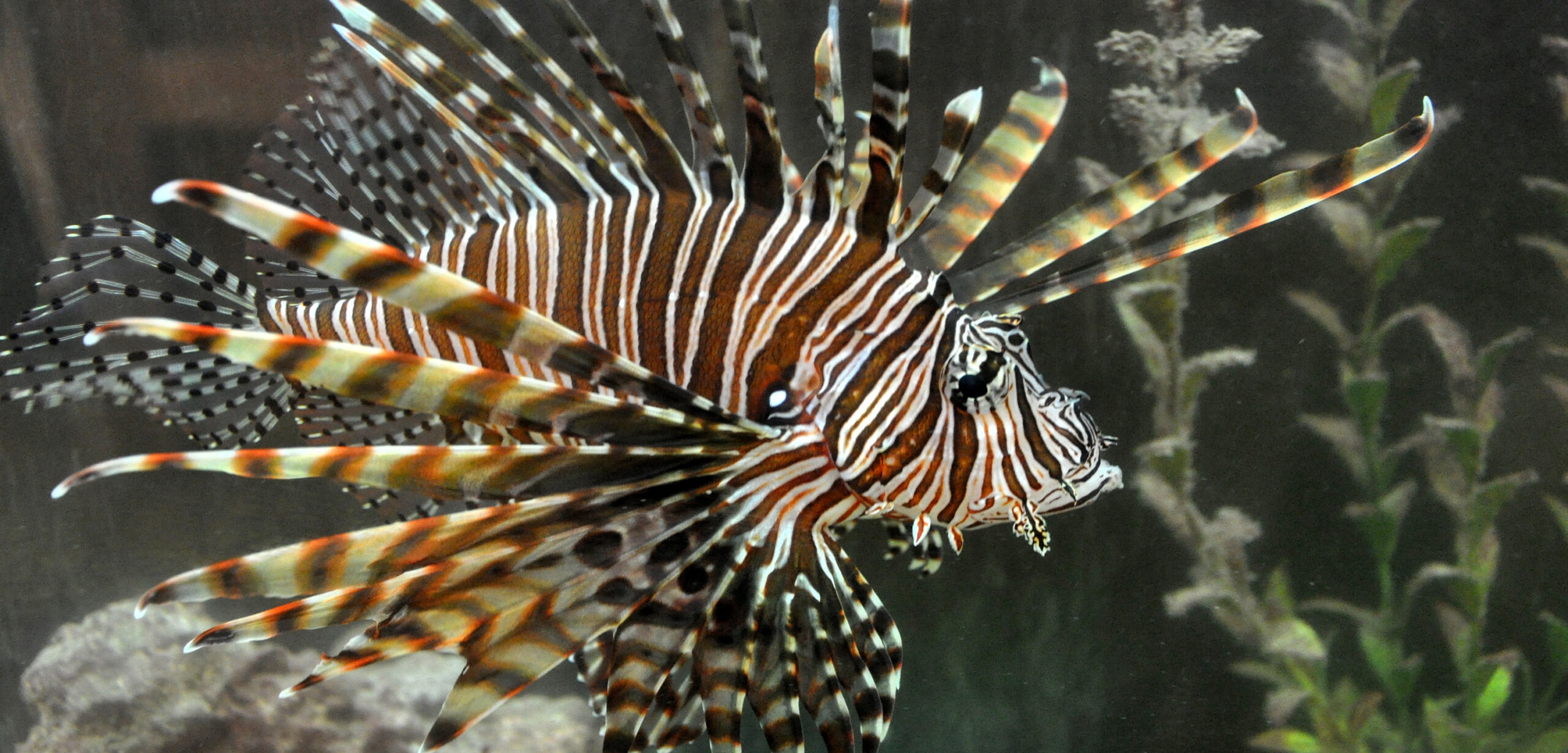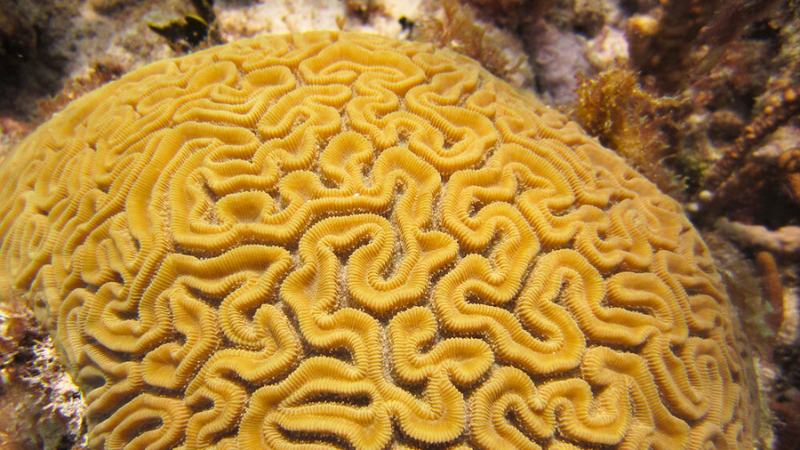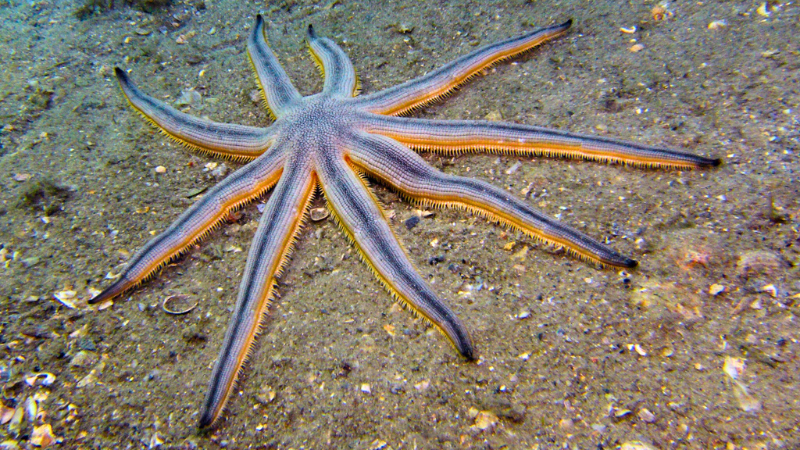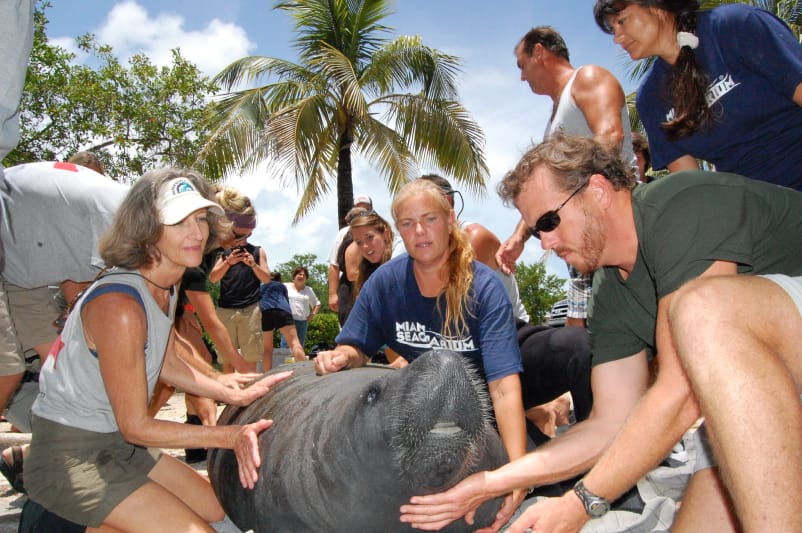
By: Kyle Grammatica
May 18th was Lionfish Removal and Awareness Day, marking the beginning of the 2019 Lionfish Challenge. The Lionfish Challenge is a statewide program run by the Florida Fish and Wildlife Conservation Commission (FWC) to encourage the removal of lionfish from Florida’s waters. Both recreational and commercial divers can participate in the challenge.
How to participate
Register here. No fishing license is required for harvesting lionfish while using a pole spear, Hawaiian sling, handheld net, or any other spearing device that is specifically designed for lionfish. Other methods of harvesting lionfish, like hook and line and spearguns, do require a recreational saltwater fishing license. Once you are registered and have your equipment, you’re ready to start hunting and reporting your harvest to FWC. For the first 25 lionfish caught, submit photos by filling out the form here. Make sure that your photo submissions show the lionfish in a clear and easily countable way. Your name, signature, and the date of harvest must also be displayed.
For all lionfish harvested after your 25th, remove the tails and place them in a clear plastic bag along with your name, phone number, date of harvest, and number of tails. Bring the tails to a local Lionfish Challenge checkpoint to be verified by FWC staff.
Rewards
All recreational participants that submit photos of 25 lionfish will receive a 2019 Lionfish Challenge t-shirt, commemorative coin, and entry into the FWC Lionfish Hall of Fame. Starting June 5th there will be raffle drawings for qualified participants, including prizes of scuba and lionfish hunting gear. There will be cash prizes awarded for the three smallest lionfish and the three largest lionfish harvested.
The participant who harvests the most lionfish will be crowned the Lionfish King/Queen. The King/Queen will win a trophy, SCUBA cylinder, and $500 worth of SCUBA air fills. They will also be featured in the January 2020 Saltwater Regulations publication. The second and third place participants will each win a SCUBA cylinder, and $250 and $100 for air fills respectively.
Why are Lionfish a Problem?
Lionfish were first reported in Florida in 1985 and have since established themselves in the Gulf of Mexico and the Atlantic. They breed and mature quickly, spawning every four days in warm climates and reaching maturity in less than a year. Lionfish eat native fish and harm the reefs by reducing the population of native species, which serve important purposes like controlling the spread of algae. They also compete for food with native fish like grouper and snapper. The lionfish has no natural predators, so the population is free to grow rapidly, reaching densities of more than 200 adults per acre in some areas.













